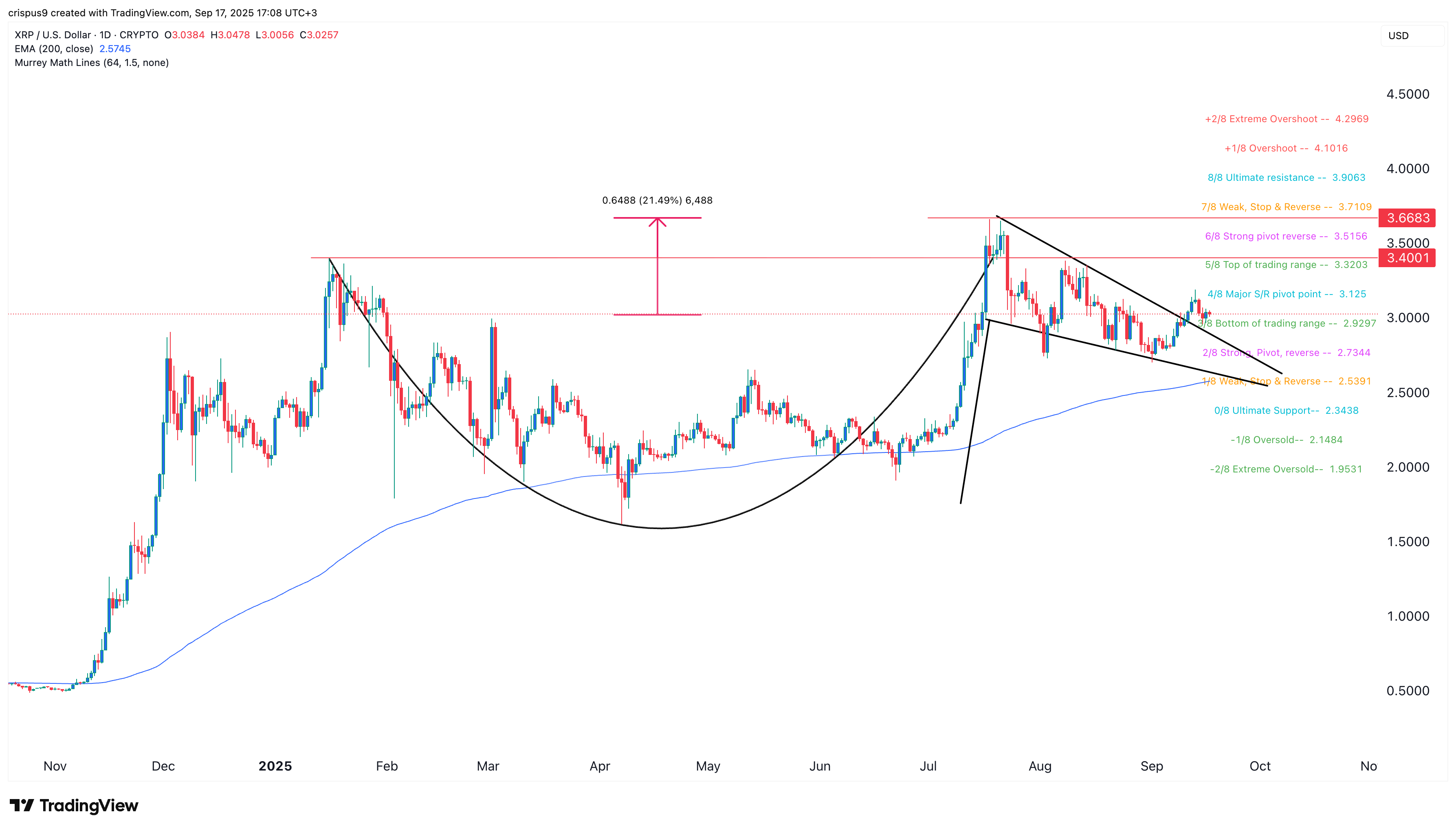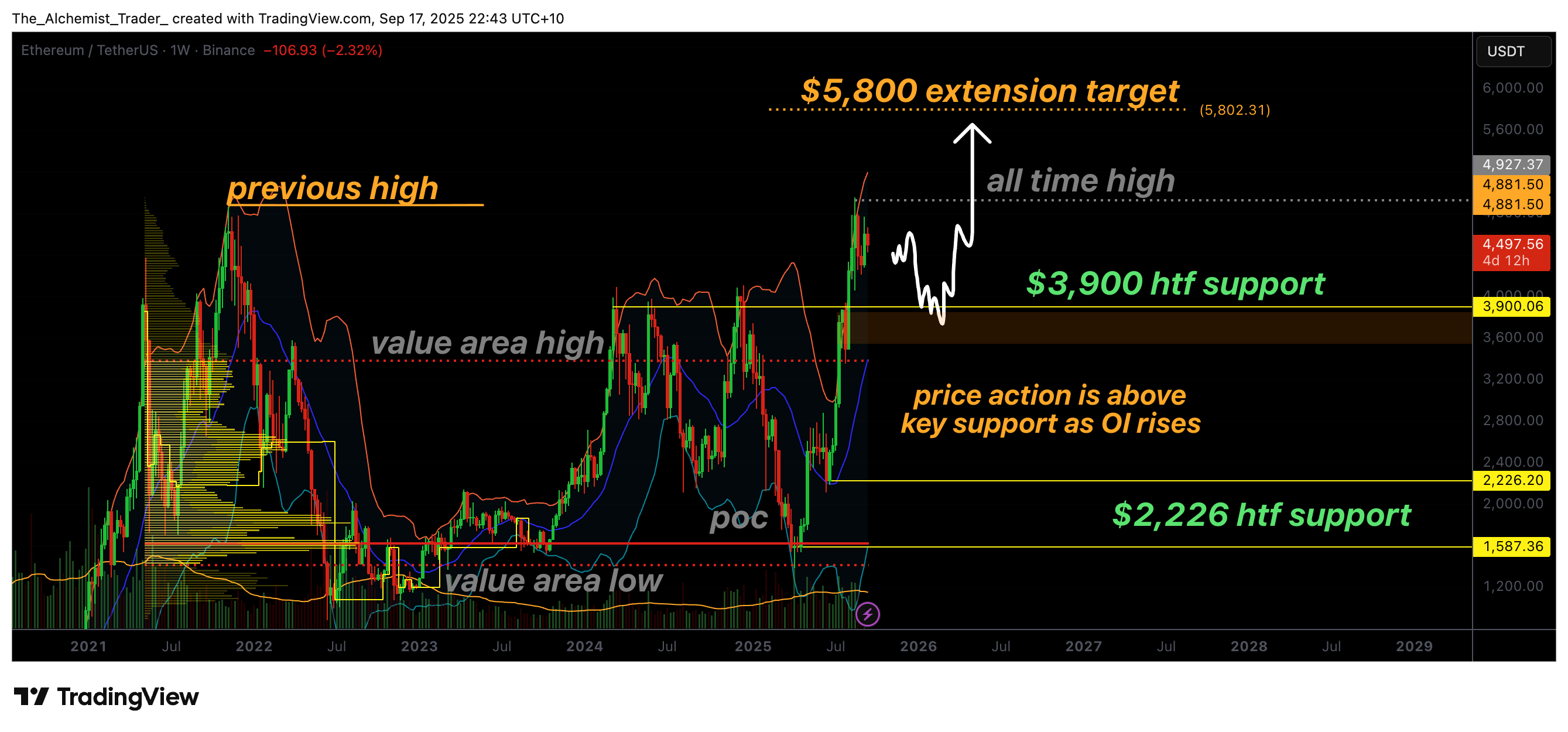Korean crypto exchanges face more pressure amid trading activity concerns

South Korea’s financial regulator is establishing a system to monitor unusual crypto trading, urging exchanges to cooperate and provide internal data.
South Korea‘s Financial Supervisory Service (FSS) is working on a system that would monitor all unusual crypto trading activity as the country seeks to enhance transparency and oversight in its crypto market.
In a Jul. 4 statement, the agency urged the domestic trading platforms to share internal data with the system so that they could ensure compliance with the legislation that becomes active on Jul. 19.
The system targets trades outside normal volume and price ranges, large transactions, and unusually delayed executions, according to guidelines outlined by the FSS. Matt Younghoon Mok, senior foreign attorney and partner at Lee & Ko in Seoul, commented to Bloomberg that these requirements could pose “significant challenges for altcoins that cannot promptly meet regulatory standards.”
As crypto.news reported earlier, South Korean crypto exchanges are set to re-evaluate over 1,000 listed tokens, following the implementation of the Virtual Asset User Protection Act aimed at safeguarding crypto investors’ rights and interests.
Despite the extensive review, the Digital Asset Exchange Alliance, representing five major Korean exchanges, expects minimal “mass delistings” over the next six months, citing proactive regulatory compliance measures already in place across domestic platforms. The regulations will apply to nearly three dozen registered crypto exchanges, including Upbit, Bithumb, Coinone, Korbit, and Gopax, which will conduct initial reviews to determine whether to maintain or delist each token.
Under the new regulatory framework, crypto exchanges must establish a review committee to evaluate various factors such as the reliability of the issuing entity, user protection measures, technology and security standards, as well as regulatory compliance.




